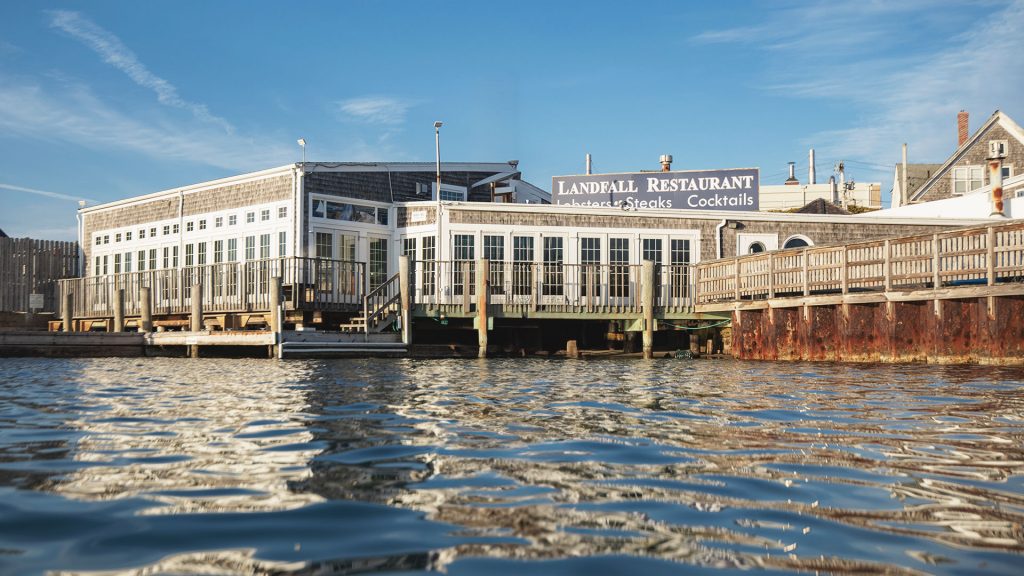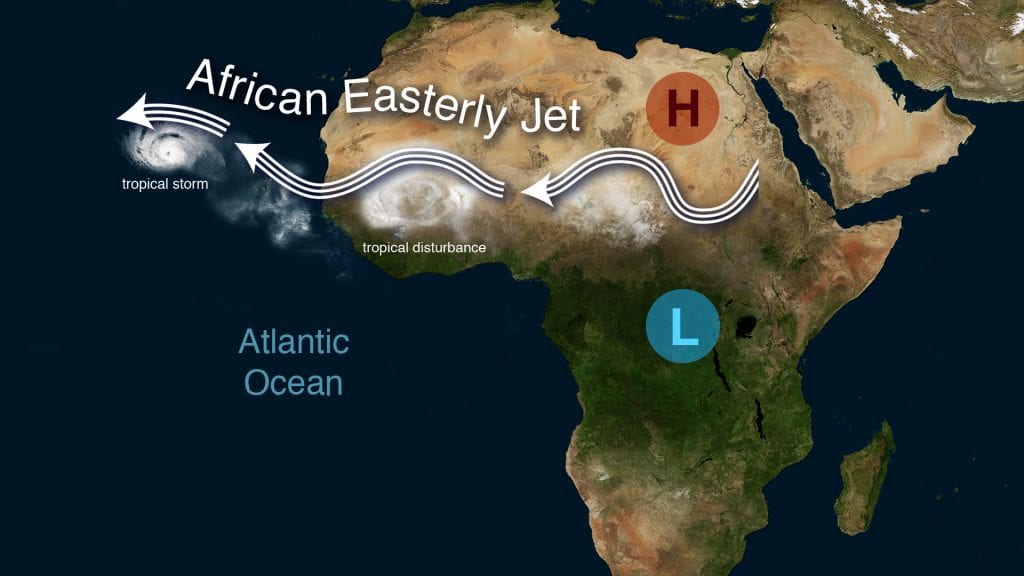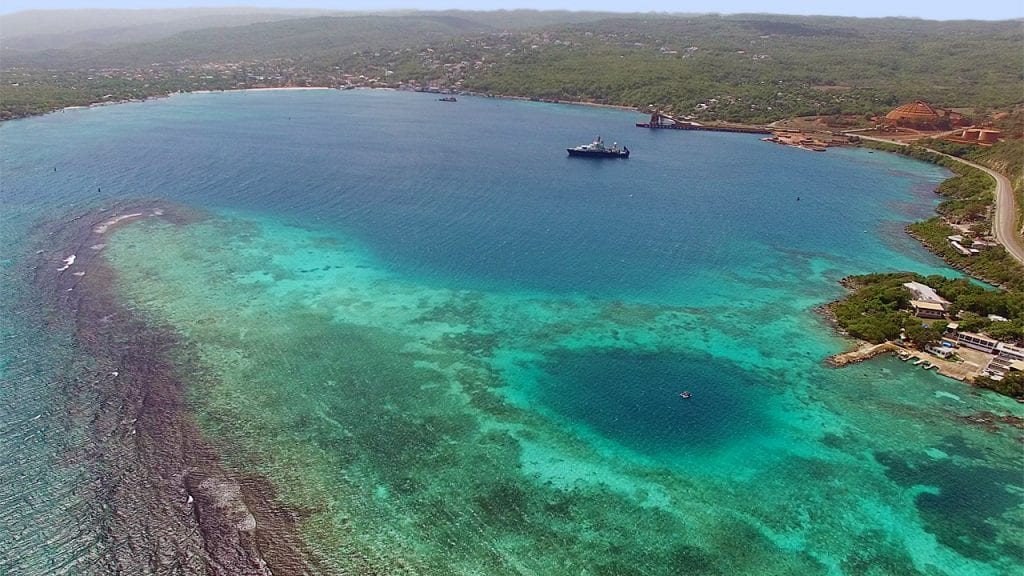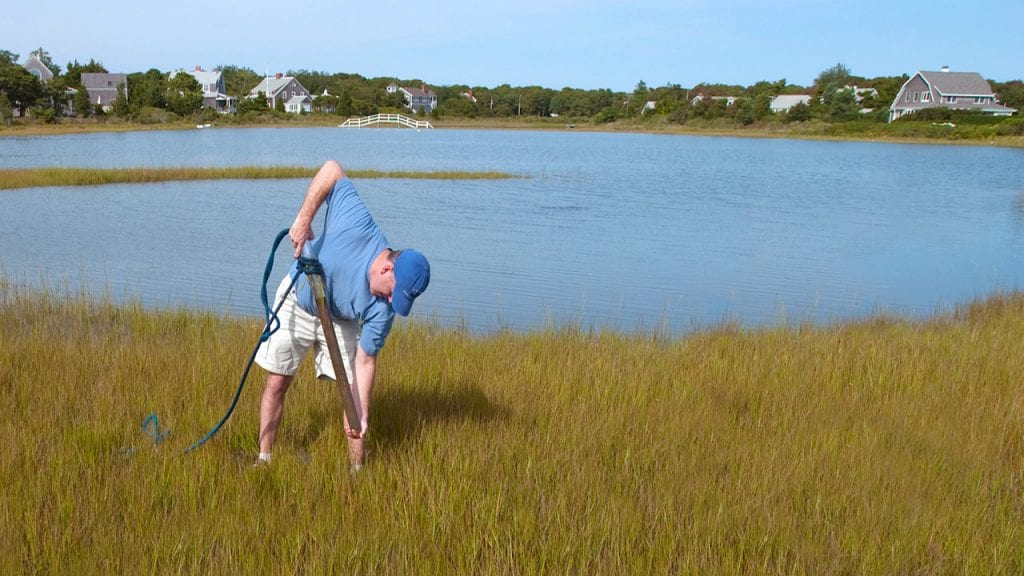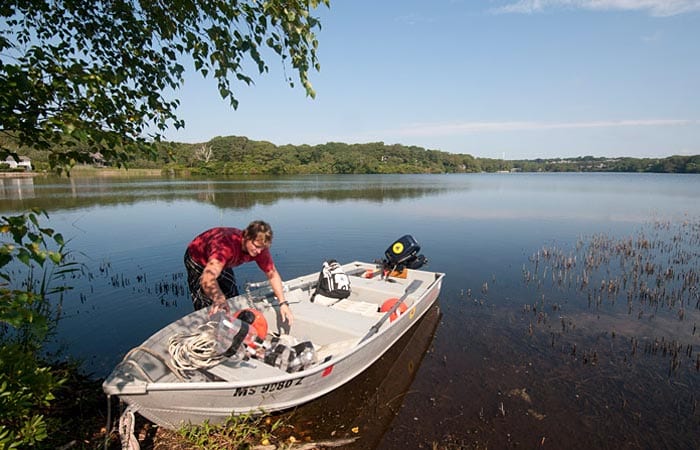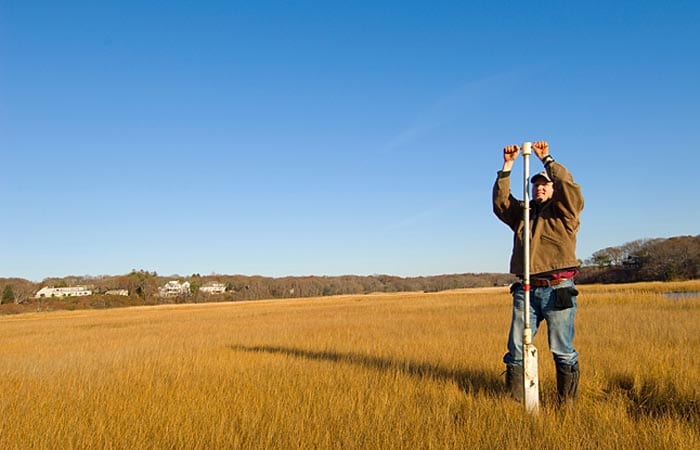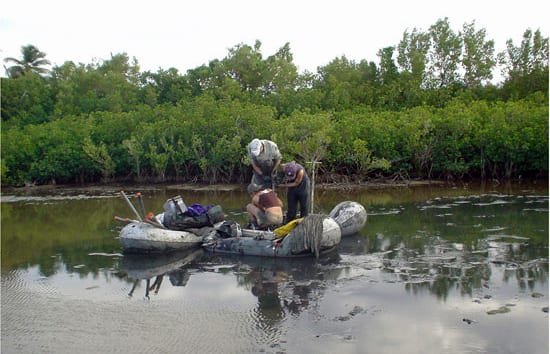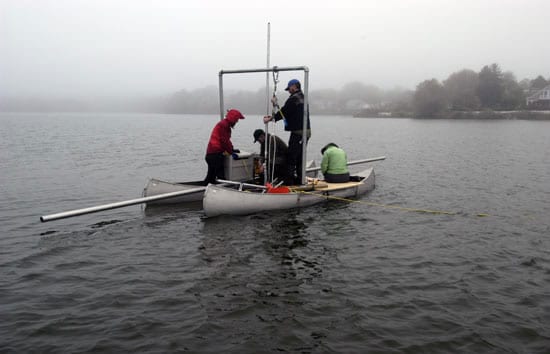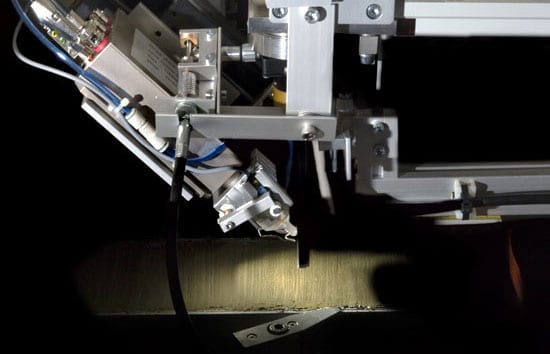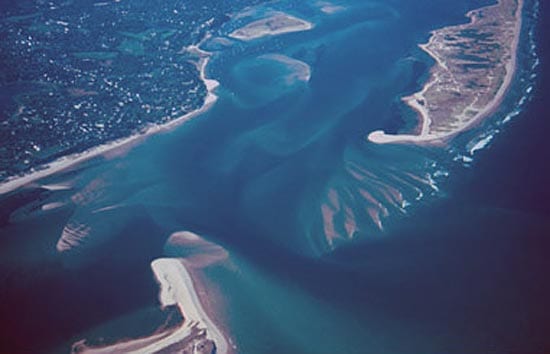Jeffrey Donnelly
Refine by
Date
Topic:
Article Type
Special Series
Author
Rising tides, resilient spirits
As surrounding seas surge, a coastal village prepares for what lies ahead
Unearthing Long-Gone Hurricanes
A graduate student at Woods Hole Oceanographic Institution tracks a trail of clues left behind on the seafloor by hurricanes as they stream across the ocean.
Blue Holes and Hurricanes
Scientists are digging into clues that settle into sinkholes in the seafloor to learn about hurricane patterns in the past and in the future.
More Floods & Higher Sea Levels
A research team predicts potentially big changes within the next century that would have significant impacts on those who live on or near the coast.
To Catch a Hurricane
On Aug. 25, 2011, the line projecting Hurricane Irene’s path up the East Coast barreled smack into Woods Hole, Mass., spurring a whirlwind in Jeff Donnelly’s lab at Woods Hole Oceanographic Institution (WHOI). Scientists and…
Hurricane Hunter
Soon after they married, Jon Woodruff asked his new wife Akiko Okusu if she’d like to take a trip to her native Japan. Not for a belated honeymoon, but to help him drag several hundred pounds…
Scientists Unearth Long Record of Past Hurricanes
Reaching down into the muck below a lagoon off Puerto Rico, two geologists at Woods Hole Oceanographic Institution reached back 5,000 years to compile the longest record of strong hurricanes in the Atlantic region. The…
Lakes and Climates Have Their Ups and Downs
Between 5,400 and 3,000 years ago, something happened to New England’s climate. The region became drier. Water levels in lakes dropped. Several droughts persisted for hundreds of years, changing the makeup of local tree and…
Analyzing Ancient Sediments at Warp Speed
Like a toy out of a science fiction story, the X-ray fluorescence core scanner reveals intimate details of the composition of ancient mud and sediment–which can contain a variety of clues about past climate and environmental conditions on Earth–without breaking the surface. In a matter of hours, the XRF simultaneously captures digital photographs and X-ray images of every millimeter of a core sample, while detecting the presence of any of 80 chemical elements.
Rising Sea Levels and Moving Shorelines
Changes to the shoreline are inevitable and inescapable. Shoals and sandbars become islands and then sandbars again. Ice sheets grow and shrink, causing sea level to fall and rise as water moves from the oceans to the ice caps and back to the oceans. Barrier islands rise from the seafloor, are chopped by inlets, and retreat toward the mainland. Even the calmest of seas are constantly moving water, sand, and mud toward and away from the shore, and establishing new shorelines.

